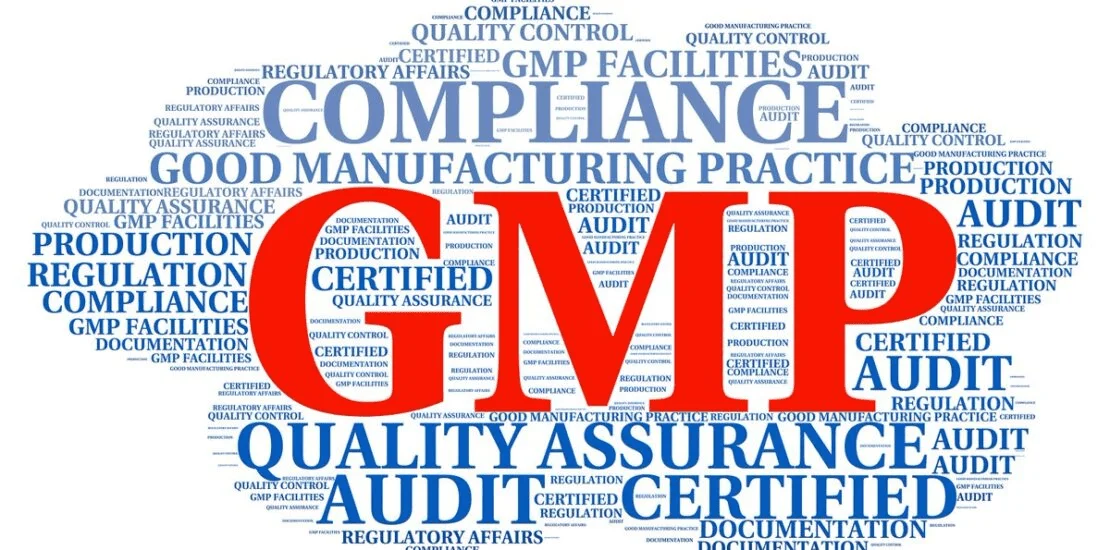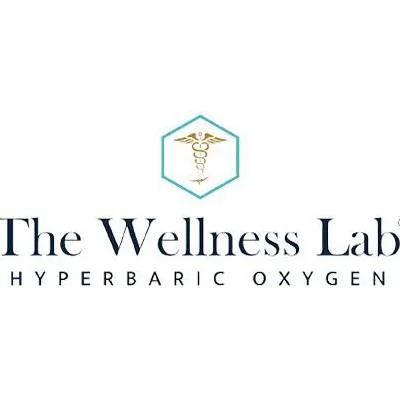Good Manufacturing Practices (GMP) are a set of guidelines and regulations designed to ensure that products are consistently produced and controlled according to quality standards. GMP training is essential for personnel involved in the manufacturing, processing, packaging, and storage of pharmaceuticals, food, and other regulated products. It equips employees with the knowledge and skills needed to maintain compliance with regulatory standards, ensure product safety, and uphold quality. This article explores the importance of GMP training, delving into four key subtopics: the fundamentals of GMP, the role of training in compliance, effective training methods, and the benefits of a well-trained workforce. By understanding these aspects, organizations can foster a culture of quality and compliance.
Fundamentals of Good Manufacturing Practices
Good Manufacturing Practices are a cornerstone of quality assurance in regulated industries. GMP guidelines, established by regulatory bodies like the U.S. Food and Drug Administration (FDA), the European Medicines Agency (EMA), and the World Health Organization (WHO), cover all aspects of production, from raw material sourcing to final product distribution. These guidelines ensure that products are safe, effective, and of high quality. Key principles of GMP include maintaining a clean and controlled manufacturing environment, ensuring proper documentation, validating processes, and implementing robust quality control measures.
GMP training introduces employees to these principles, helping them understand their roles in maintaining compliance. For example, workers learn the importance of hygiene, proper equipment handling, and accurate record-keeping. They also gain insight into regulatory requirements, such as the Code of Federal Regulations (CFR) Title 21 in the U.S. or the EU GMP Annexes. By grasping these fundamentals, employees can better appreciate the impact of their actions on product quality and consumer safety, laying the foundation for a compliant manufacturing process.
The Role of Training in Compliance
Compliance with GMP regulations is non-negotiable in industries like pharmaceuticals and food production, where non-compliance can lead to severe consequences, including product recalls, fines, or harm to consumers. GMP training plays a critical role in ensuring that all personnel, from operators to quality assurance staff, understand and adhere to these regulations. Training ensures that employees are aware of the specific standards applicable to their roles and the consequences of deviations.
Regulatory agencies often conduct inspections to verify compliance, and a well-trained workforce is better equipped to demonstrate adherence to GMP standards. For instance, training programs cover topics like standard operating procedures (SOPs), deviation reporting, and corrective and preventive actions (CAPA). By fostering a deep understanding of these processes, training reduces the risk of errors and non-compliance. Moreover, it instills a sense of accountability, encouraging employees to take ownership of their responsibilities in maintaining a compliant operation.
Effective GMP Training Methods
Delivering effective GMP training requires a strategic approach that caters to diverse learning needs and ensures retention of critical information. Traditional classroom-based training remains popular, offering structured sessions led by experienced instructors. These sessions often include presentations, case studies, and discussions to engage participants. However, modern training methods have expanded to include e-learning platforms, interactive simulations, and on-the-job training.
E-learning is particularly effective for delivering GMP training to large or geographically dispersed teams. Online modules allow employees to learn at their own pace, with quizzes and assessments to reinforce understanding. Simulations and virtual reality (VR) training provide hands-on experience in a controlled environment, enabling workers to practice tasks like equipment cleaning or documentation without risking actual production. On-the-job training, meanwhile, allows employees to apply GMP principles in real-world settings under supervision. Combining these methods ensures that training is engaging, accessible, and aligned with organizational goals.
Benefits of a Well-Trained Workforce
A well-trained workforce is a valuable asset in any GMP-regulated industry. Effective training enhances employee competence, boosts confidence, and fosters a culture of quality. When employees are well-versed in GMP principles, they are more likely to identify and address potential issues before they escalate, reducing the risk of product defects or regulatory violations. This proactive approach can save organizations significant costs associated with recalls, rework, or legal penalties.
Additionally, GMP training improves operational efficiency. Employees who understand proper procedures and best practices can perform tasks more effectively, minimizing errors and downtime. A trained workforce also contributes to customer trust and brand reputation, as consistent adherence to GMP standards ensures high-quality products. Furthermore, training fosters employee engagement and retention, as workers feel empowered by their knowledge and valued for their contributions to organizational success. In the long term, a commitment to GMP training can drive continuous improvement and competitive advantage.
Conclusion
GMP training is a critical component of quality assurance and regulatory compliance in manufacturing industries. By providing employees with a solid understanding of GMP fundamentals, ensuring adherence to compliance requirements, employing effective training methods, and reaping the benefits of a skilled workforce, organizations can maintain high standards of product quality and safety. As regulatory expectations continue to evolve, ongoing GMP training remains essential for keeping employees informed and prepared. Investing in comprehensive training programs not only safeguards consumer health but also enhances operational efficiency and organizational reputation. By prioritizing GMP training, companies can build a culture of excellence that supports long-term success in a highly regulated environment.






